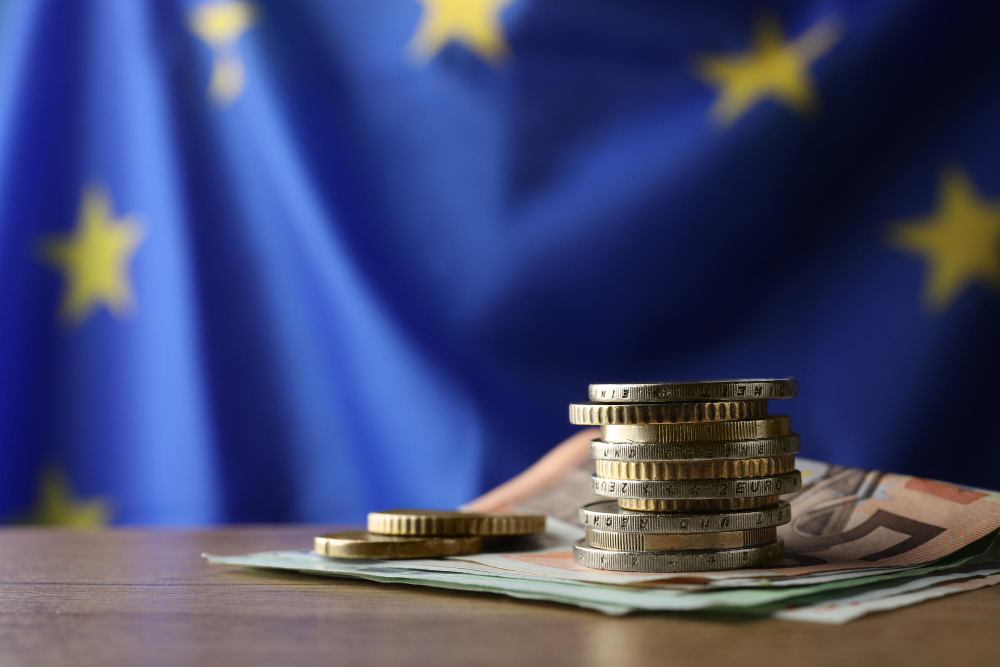Executive summary
The historical track record of centralisation of public expenditures at European Union level is patchy, and the prospects of agreement on future common spending are not good. However, Russia’s attack on Ukraine, NextGenerationEU, ensuring the stability of the euro and the climate crisis have been cited as justifying a further step-up in public spending at EU level. In recent years, the economic debate over the definition and provision of so-called European public goods (EPGs) has also revived and has put upfront the question of what to spend at EU level, based on an economic interpretation of where spending would be more efficient.
To provide a counterpart to the more abstract debate on EPGs, this paper analyses major discussions that have taken place since the beginning of European integration about increasing the EU’s fiscal capacity. It shows how heavily EU agreements on what public expenditure should be centralised have relied on political considerations, in addition to, or instead of, reasoning about economic efficiency.
These precedents should inform today’s discussions. In particular, it should be remembered that: (a) very specific historical and political contexts made proposals to centralise expenditure at EU level convincing and successful; (b) the notion of ‘fiscal federalism’ was and is occasionally invoked but rarely put into practice; (c) progress depends on clearly delineated issues; and (d) a political agreement on a ‘non-market definition of the common interest’ remains crucial to any change.
About the author:
Emmanuel Mourlon-Druol was a Visiting fellow at Bruegel in 2015 and he is now a Non-resident fellow. He is Professor of History of European Cooperation and Integration at the European University Institute in Florence. His research focuses on European economic and monetary cooperation since 1945, sovereign debt crises and global governance. He is Principal Investigator of the project “EURECON: The Making of a Lopsided Union – Economic Integration in the European Economic Community, 1957-1992” funded by a Starting Grant of the European Research Council (ERC).

